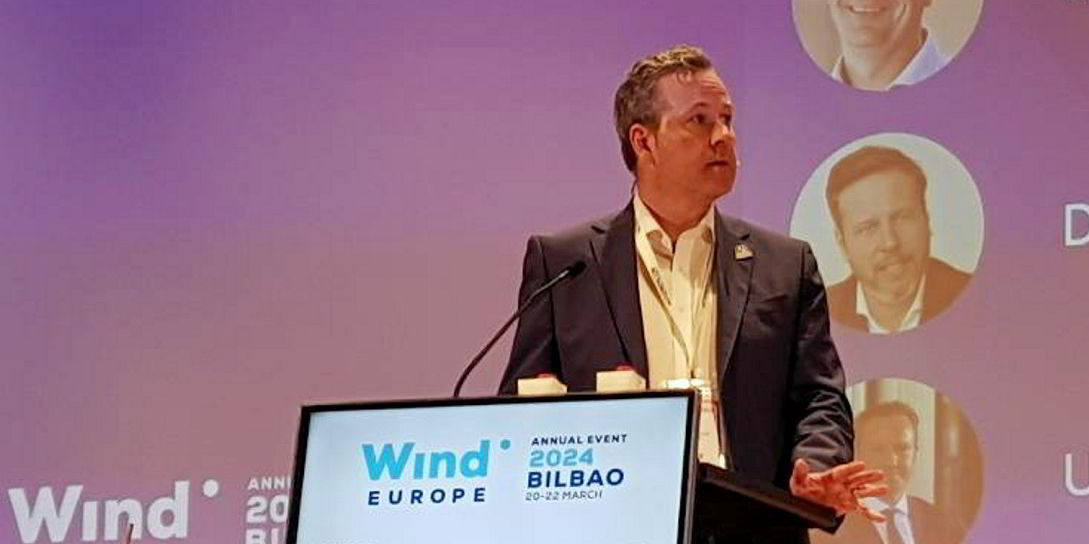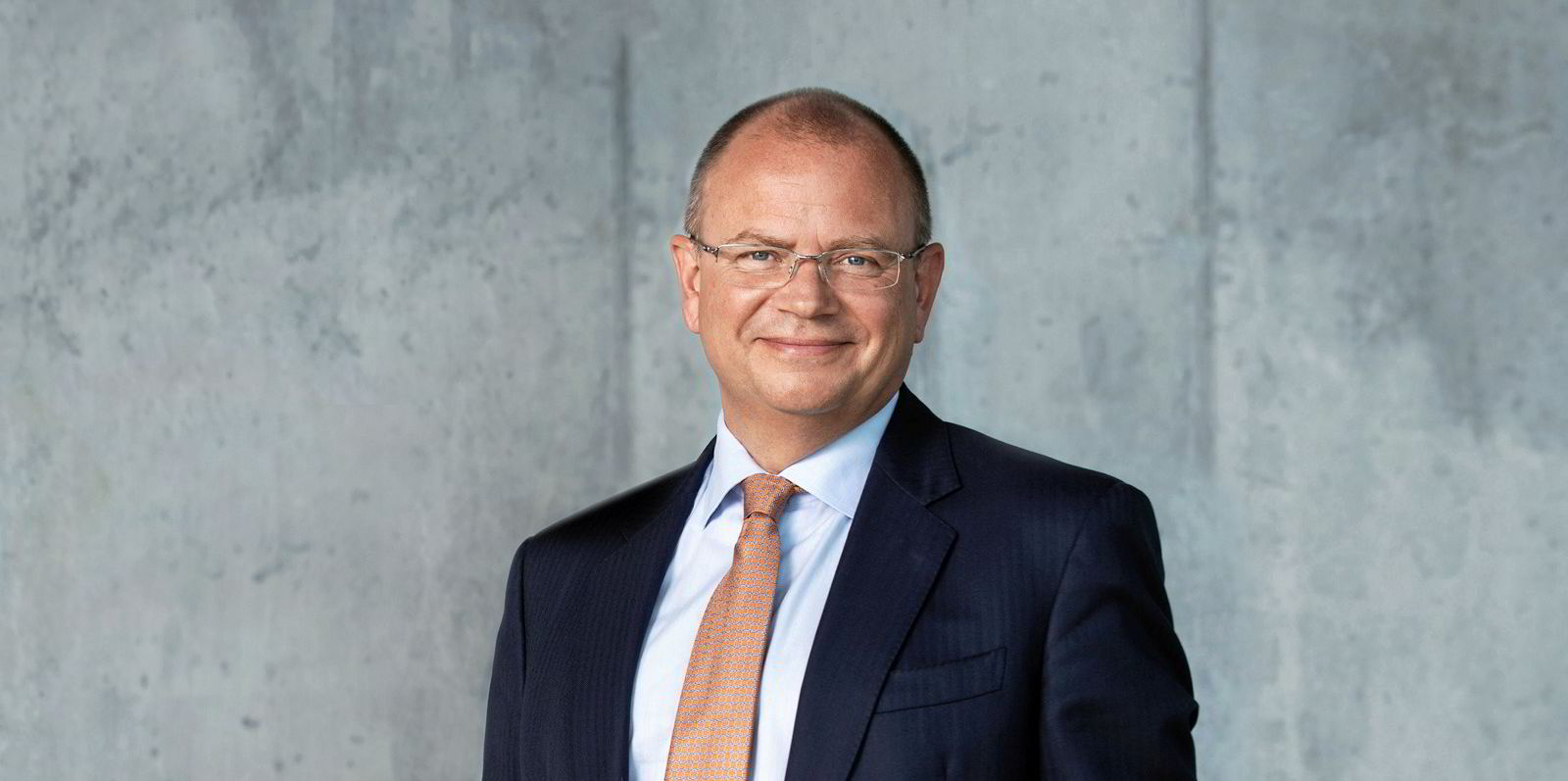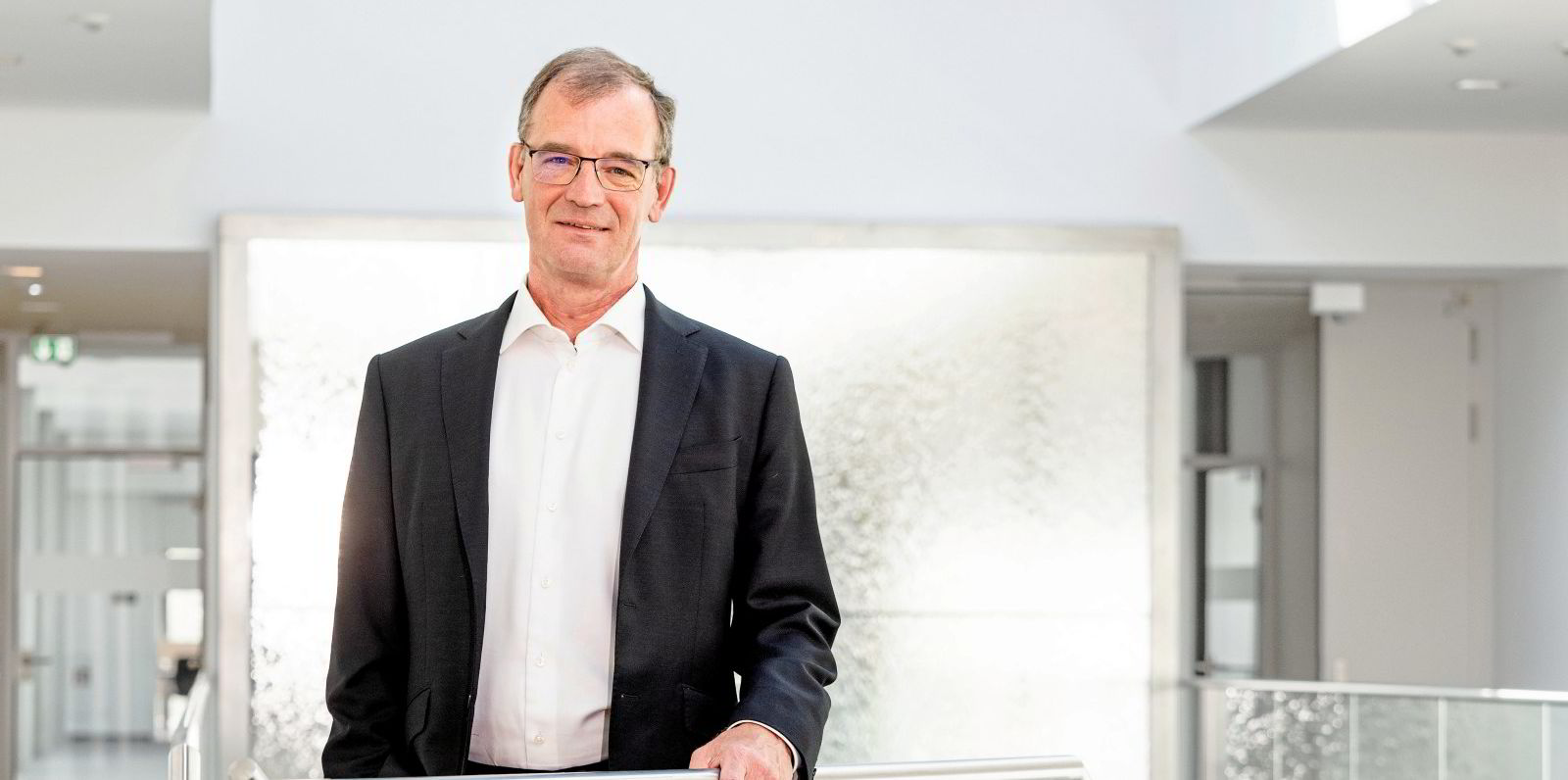Almost all Western wind OEMs are recovering, but it is hard to compete with generous subsidies offered to manufacturers operating in the US or China, Enercon chief commercial officer Uli Schulze Südhoff said.
“Almost each Western OEM has reached profitability or is going to reach it this year,” he told a panel on the resilience of the European wind supply chain at the WindEurope conference in Bilbao.
His comments came as Denmark’s Vestas has already returned to a net profit, while German rival Nordex has said it will likely reach operational profitability this year.
Schulze Südhoff said it is also realistic that Europe will be able to reach its goals to add up to 30GW of new wind power capacity per year by 2030, as permitting speeds are going in the right direction, and there is a certain degree of support in some EU member states.
But “what is missing, and that is really important, do we really have a level playing field?” he asked.
“Do we have a level playing field compared to the OEMs producing in the US and also China?”
The cost difference due to tax incentives in the US is around 20%, or some €800,000 ($868,612) for a 6MW wind turbine, Schulze Südhoff pointed out.
“In China, we have even higher subsidies. That is difficult to compete with,” he said.
Discussions in society are necessary on how to reach resilience in the supply chain, while also offering green and affordable energy and creating business and jobs, as well as a certain (energy) independence, the Enercon CCO added.
While pre-qualification criteria at renewables tenders are welcome, European policies proposed so far don’t seem to go far enough in Schulze Südhoff’s view.
“In any shape or form, as we understand it today, we don’t get that type of value protection from the [EU’s] Net Zero Industry Act,” he said.
Other perception of fairness outside Europe
Dennis Rendschmidt, managing director at VDMA Power Systems, a group representing wind OEMs, agreed.
“We have to talk about fair competition,” he said at the same panel.
“Now, we don’t have fair competition conditions and that is mainly due to the fact that in other regions of the world, there is a completely other perception of competition and fairness. That means that European politicians also have to find answers to this.”
This may lead to a different play of auctions designs, he said, adding that not only politicians, but societies need to be aware of resilience, and not depend on countries out of the EU for their energy supply.
As a first step, politicians need to give a clear signal that the wind power expansion is ongoing, and “will have more projects in coming years,” Rendschmidt said.



